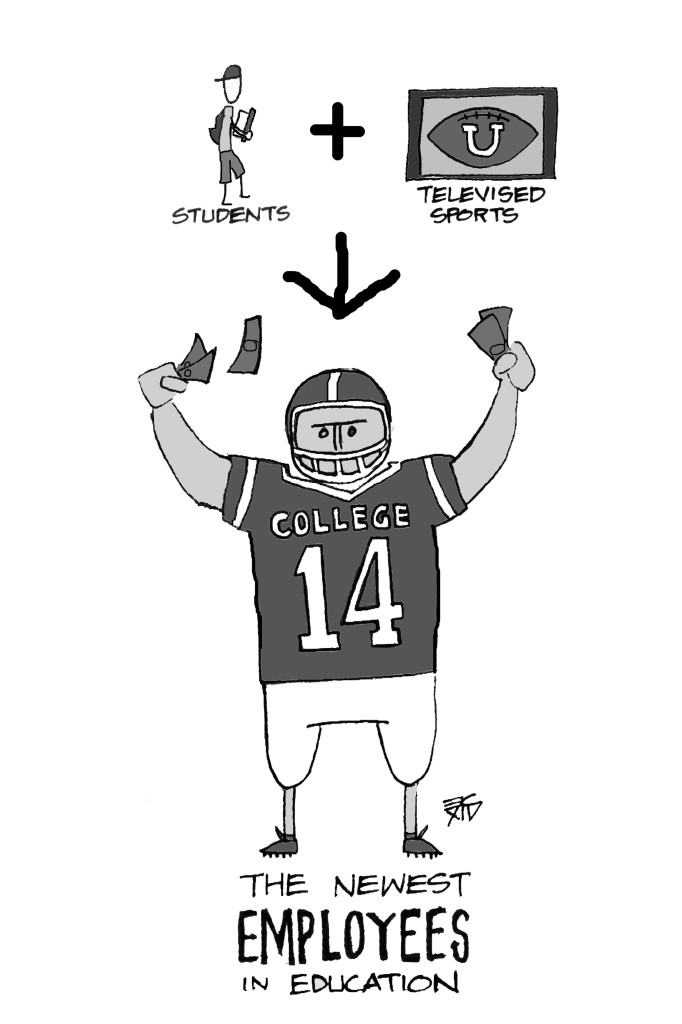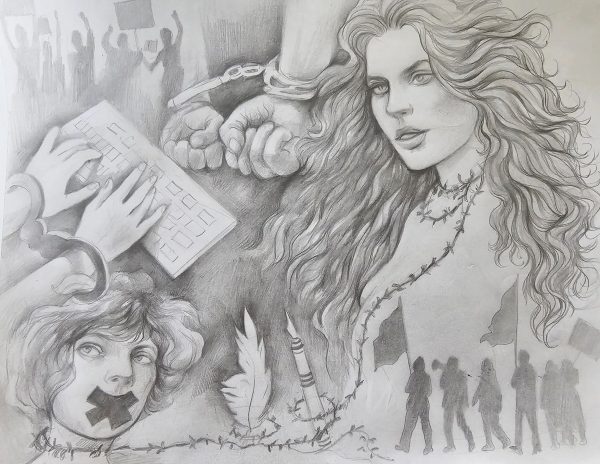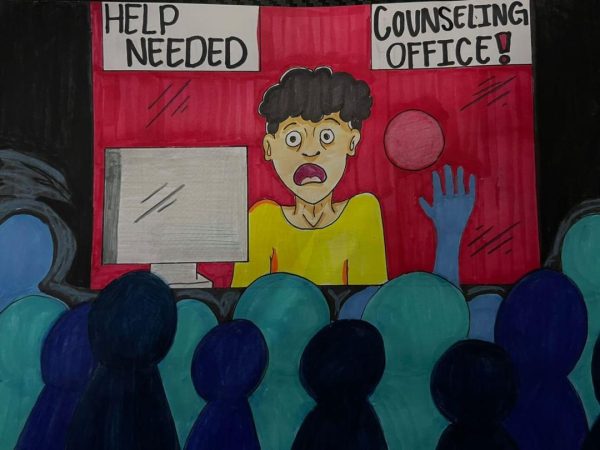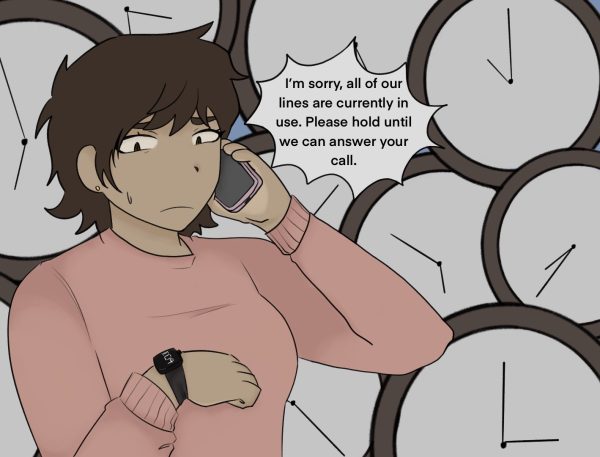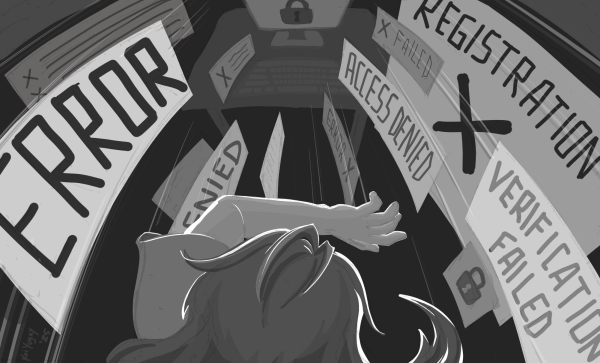Editorial: Unionize for what?
College athletes are students, they are not professional athletes and should not be given similar treatment that professionals receive.
They are amateurs using college to further their education as well as improve their craft.
Making it to the big leagues is a guiding factor in how they choose their institution of choice, but the quality of education also plays a part.
Since the National Collegiate Athletic Association (NCAA) was founded in 1906, student athletes have never formed a union.
That’s 108 years.
Northwestern University football players are looking to make collegiate history after Peter Sung Ohr, regional director of the National Labor Relations Board in Chicago, ruled on March 26 that the athletes are university employees and therefore entitled to an election that will determine whether they can form a union according to an article on ESPN.com.
But what are the costs of this move if they succeed?
Since the inception of the NCAA, the organization has been committed to giving young people an opportunity to learn, play, and succeed according to NCCA.org.
Allowing college athletes to unionize will effectively take away the essence of college sports and the balance the NCAA has tried to keep between education and sports.
According to a Chicago Tribune article, college football players are compensated in the form of scholarships, which are about $76,000 per academic year if the player enrolls in summer classes.
Scholarships are a contract between the college and athlete. It is an agreement that the athlete will play their sport of choice for the college and in return receive a higher education.
Along with scholarship money, most athletes are also provided with paid tuition, housing, and food plans while they attend their college.
As of right now the athletes are only asking for better working conditions and better health practices.
But if college athletes officially become unionized, what will stop them from to asking for monetary compensation?
Unions are formed to voice the majority of a group of people.
If the issue is only working conditions and safety, these athletes have the avenue to skip out on college athletics and head overseas.
There are plenty of alternatives for athletes that are concerned about how the NCAA treats them.
A number of athletes choose this option for a few years and then head to the National Basketball Association (NBA).
This a valid option for students that don’t like the way the college system is operated.
Northwestern University is a private institution that may not have the same resources as a college like University of Alabama or University of Southern California (USC) where the colleges are already accommodating the students in the way Kain Colter and his fellow teammates would like to be treated.
Pat Haden, athletic director at USC, stated in a press release that after looking at the demands of the players at Northwestern, most of the those demands are things that players at USC are already receiving.
For instance, USC does not yank scholarships from players and they happily pay former student-athletes to come back and complete their degrees, according to Haden’s press release.
These athletes chose Northwestern University for a reason and if they didn’t like the environment they encountered while visiting, they have have the option to find another college to go to.
Forming a union is not the answer to the current treatment athletes receive.
If college athletes want to be treated like a professional, they can find it elsewhere, but not in an educational institution where they are getting a free ride to play a sport while receiving an education.
College is college for a reason, it’s an institution that provides students with an education to help them in the future.
Allowing athletes to form unions would be a cheap way to get a pay day for athletes who, in most cases, won’t make it at the professional level.


